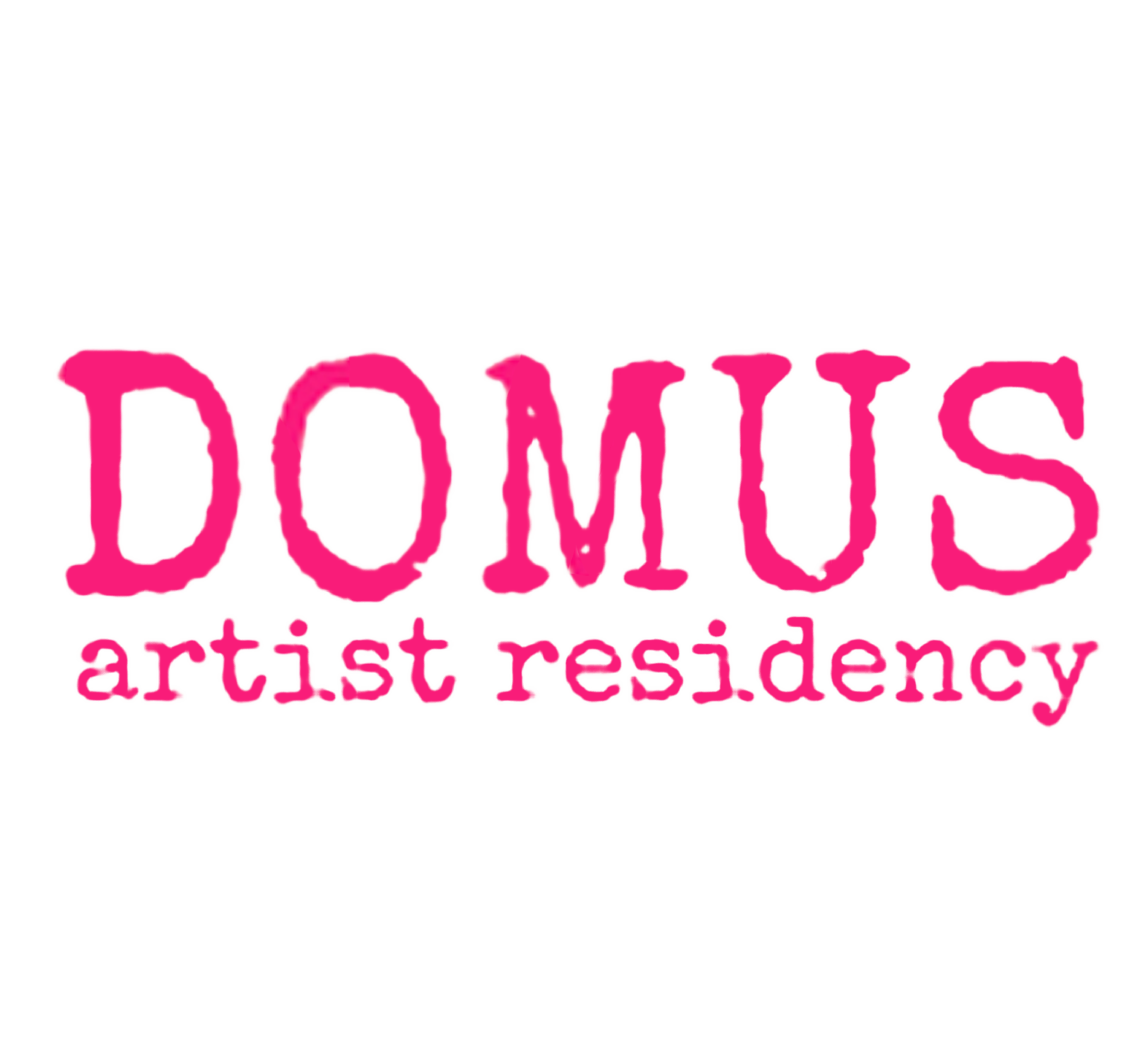April 2022
Sunday 10 April 2022 : Nature and culture, can contemporary art serve as a link? present by Elena Mazzi
Elena Mazzi presented her practice in relation to nature. Starting from the examination of specific territories, in her works, she reinterprets the cultural and natural heritage of places, interweaving stories, facts and fantasies handed down by local communities, in order to suggest possible resolutions to the man-nature-culture conflict.
Find the video on our Facebook Live
Dialoghi sul Mediterraneo 2021
May 2021 - Talk
Section 4 - Curating as a collaborative practice
Tuesday 25 May 2021 : Curating as a collaborative practice present by Anna Daneri
In the continuity of our previous talk about queer-feminist curational practice, we are glad to present Anna Daneri, guest of our summer programme Dialoghi sul Mediterraneo. She is an independent curator, presently working with Lorenzo Giusti at GAMeC - Bergamo for Nothing is lost. Art and matter in transformation, opening in October 2021. Anna will talk about her experience of curating projects as a collective practice.
Find the video on our Facebook Live
Section 3 - Gender and Rituals in the Mediterranean
Thursday 20 May 2021: ‘Ecofuture’ presented by Giulia Casalini
In the continuity of our previous talk about the crip theory and the notion of caring and living, we are pleased to welcome Giulia Casalini, independent curator and guest of the Dialoghi sul Mediterraneo 2021 programme, to share with us her experience at the festival EcoFutures which took place in East London in 2019. It brought together over 70 artists, activists and theorists from all over the world to create a platform for discussion and experimentation around urgent environmental and ecological issues such as climate change, extinction, pollution, health and sustainability from intersectional feminist, queer and decolonial perspectives. In this presentation, Giulia Casalini will discuss some of the main themes that the festival touched upon through selected works by the featured artists
Find the video on our Facebook Live
March 2021 - Talk
Section 2 - Environmental issues in the Mediterranean basin
Monday 22nd March 2021: ‘Devenir vivants’ by Séverine Kodjo-Grandvaux
Following on from our last talk dedicated to CRIP theories and our relationship to the body, we would now like to reflect on our relationship to nature. We were delighted to welcome, on Monday 22 March at 9pm (Paris time), Séverine Kodjo-Grandvaux, guest of the Dialoghi sul Mediterraneo 2021 programme, philosopher and researcher associated with the Laboratoire d'études et de recherches sur les logiques contemporaines de la philosophie at the University of Paris-VIII. She is the author of the essay "Philosophies africaines" (Paris, Présence africaine, 2013) and she has already presented her work at the Domus residence as part of the talk on territorial dynamics in the Mediterranean and as part of the exhibition "Dialoghi sul Mediterraneo" with a sound installation. We would like to include this meeting with Séverine Kodjo-Grandvaux in the continuity of the debate on the care adapted to nature in connection with the emergency of the drying up of the olive trees in Salento because of the Xylella bacterium and the bad adapted care. It is in this context that we welcome the work of Séverine Kodjo-Grandvaux. We had the pleasure to discuss her latest book "Devenir vivants" published in February 2021, a lyrical and relevant invitation to live a new way of being in the world.
Section 1 - Gender identities in the Mediterranean
Monday 8th March 2021: International Women’s Day with Charlotte Puiseux.
The DOMUS TALKS program opened on March 8, 2021, with an exceptional woman, whose inter-sectional approach pushes our thinking even further into the question of women's rights and gender equality. In the continuity of our research on the "Tarantismo", the attempt to link this phenomenon to eco-feminist theories and studies on disability/queer/performance, we wish to invite women researchers from Mediterranean countries able to denounce through their practices the stigmatization of gender and to open a reflection on the hetero-normative social expectations imposed by the patriarchal society.
It is in this transversal approach that we were delighted to welcome Charlotte Puiseux, doctor of philosophy, a clinical psychologist and activist. Her work themes revolve mainly around disability and feminism, but also on minorized sexualities and gender issues. Charlotte Puiseux has worked on Disability Studies, promoting a social model of disability that places it at the heart of social dynamics and constructions. She is also familiar with queer theories that advocate a deconstruction of dominant genders and sexualities, offering bodies judged to be non-standard the opportunity to re-appropriate their self-esteem and place in the public sphere. It is therefore logical that Charlotte Puiseux tries to develop the crip theories in France that reuse queer contributions to rethink disability. Being herself in a situation of disability, Charlotte Puiseux has also militated on these issues from an anti-capitalist perspective, as well as on feminist issues from an intersectional and pro-sex perspective.
CRIP Dictionary: A short introduction to Crip by Charlotte Puiseux







